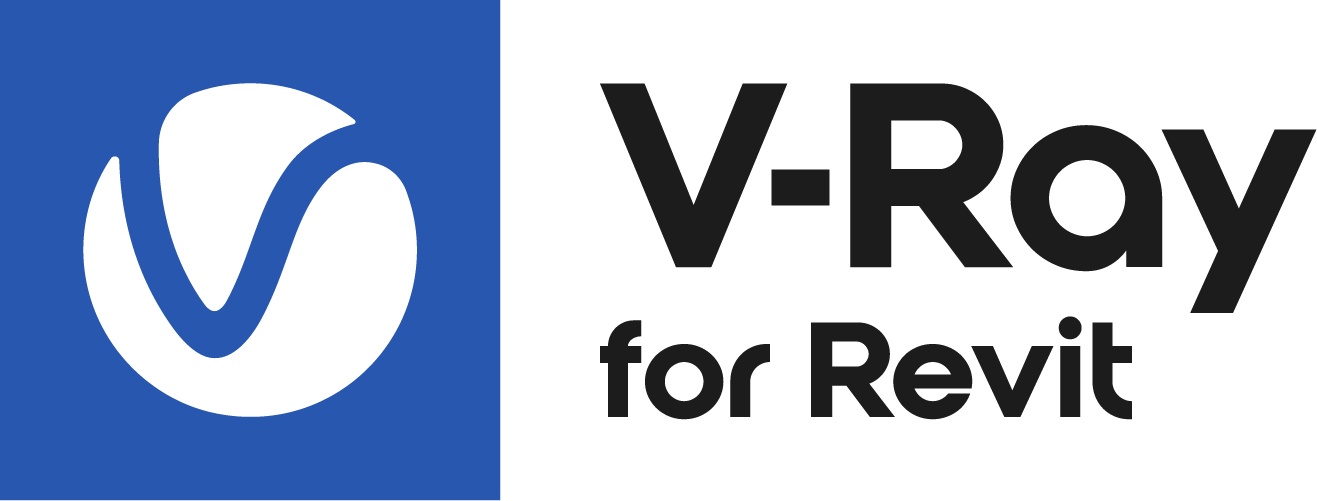This page provides information on the V-Ray Cloth Texture.
Overview
The Cloth texture map can be used to generate a procedural cloth texture. It gives a high level of control making it an easy matter to produce the look of a loose or close weaved cloth. It also allows control over the amount of random weave distortion and its channels can be connected to texture maps
Parameters
Color Gap – Controls the color of the gaps between the fabric fibers. When a texture is selected, it overrides the color as long as the texture checkbox is enabled.
Color U – Controls the horizontal thread color. A texture map can be used for this parameter, as long as the checkbox is enabled.
Color V – Controls the vertical thread color. For more information, please see the U Color, V Color and Gap Color example below. A texture map can be used for this parameter, as long as the checkbox is enabled.
Random Shade – Randomizes the texture brightness based on noise. A texture map can be used for this parameter, as long as the checkbox is enabled.
Width U – Controls the horizontal thread width. A texture map can be used for this parameter, as long as the checkbox is enabled.
Width V – Controls the vertical thread width. For more information, please see the U Width and V Width example below. A texture map can be used for this parameter, as long as the checkbox is enabled.
Random Width – Randomizes the fibers' width based on noise. A texture map can be used for this parameter, as long as the checkbox is enabled.
Example: U Color, V Color and Gap Color
Example: U Width and V Width
Wave
Wave U – Controls the amount of wave in the horizontal direction. A texture map can be used for this parameter, as long as the checkbox is enabled.
Wave V – Controls the amount of wave in the vertical direction. For more information, please see the U Wave and V Wave example below. A texture map can be used for this parameter, as long as the checkbox is enabled.
Random Wave – Randomizes the waves based on a noise. For more information, please see the Random Wave example below. A texture map can be used for this parameter, as long as the checkbox is enabled.
Example: U Wave and V Wave
Example: Random Wave
Color Manipulation
Invert Texture – Inverts the RGB texture values.
Alpha from Intensity – Uses the texture RGB intensity/ luminance as alpha channel.
Color Gain – Corrects the color of the texture by multiplying the the RGB color values in the texture with the RGB color values specified here. A texture map can be assigned here.
Color Offset – Corrects the color of the texture by adding the RGB color values specified here to the RGB color values of the texture. A texture map can be assigned here.
Default Color – Specifies a default color used for polygons with no valid UVs. In case the map is not tiled, specifies a default color that is used outside the texture square. When a texture is selected, it overrides the color as long as the texture checkbox is enabled.
Multipliers
Mode – Specifies the multiplication mode of the colors.
Multiply – The color used for blending is black.
Blend Amount – The color used for blending is the one specified in the color slot.
Gap Color – Blends between a color and a texture, if specified.
Color U – Blends between a color and a texture, if specified.
Color V – Blends between a color and a texture, if specified.
Texture Placement
Type – Controls how the texture is positioned on the geometry.
2D (UV Channel) – The texture uses the object UV coordinates.
Environment – This mode is currently not supported in V-Ray for Revit.
2D (UV Channel)
UV Channel/Set – Specifies the index of the mapping channel data to use. A value of 1 takes the first available channel.
Repeat U/V – Determines how many times the texture is repeated in the 0 to 1 UV square.
Lock U/V Repeat – Locks the U/V Repeat.
Offset U/V – Controls the texture offset in the U and V direction.
Rotate – Rotates the texture (in degrees).
Tile U/V – Tiles the texture in the U and V direction. If the option is disabled, the Default texture color is used outside the 0 to 1 UV square. Default color is found in Parameters > Color Manipulation.
Mirror U/V – Mirrors the texture in the U and V direction separately. The option cuts the texture in the half flipping one side vertically or horizontally. This can be used to avoid seams in-between non-tileable repeated textures.
Double-sided – This option should be enabled only if support for unique front and back face UVS is required. If enabled, channel "n"is used for front-side UVS and channel "n+1" is used for back-side UVS.
2D (UV Channel)
Notes
By putting the same value into the U Wave and V Wave interesting diagonal effects can be achieved. Similarly loose weaved fabric effect can be produced easily by using higher values in the Width Spread channel.












